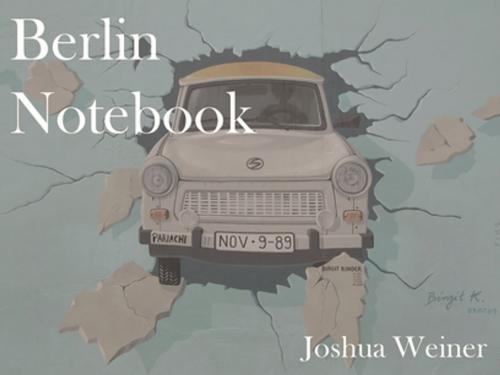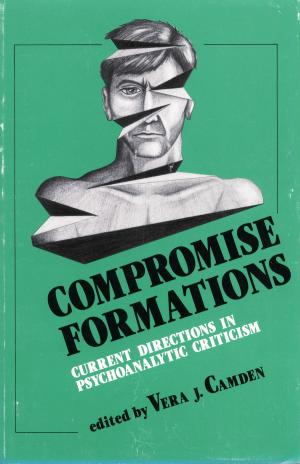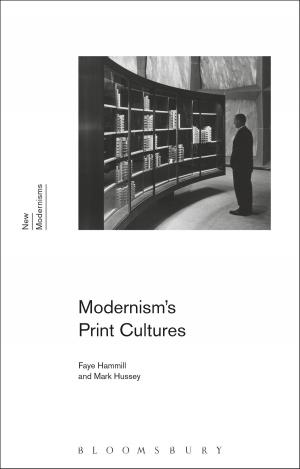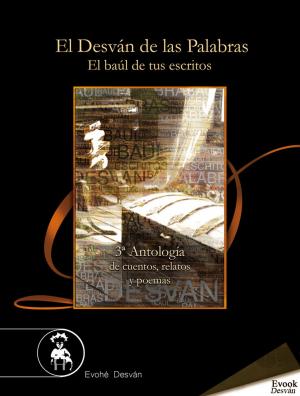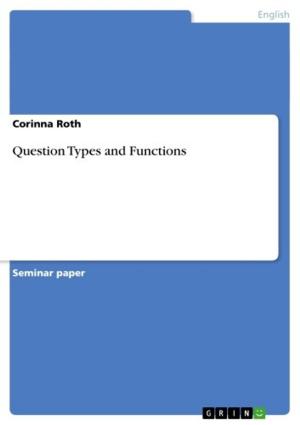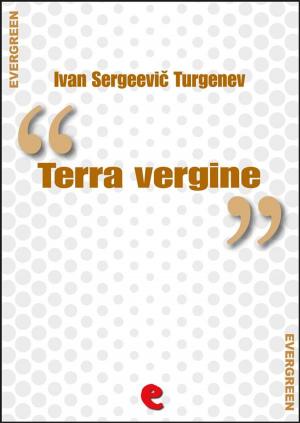| Author: | Joshua Weiner | ISBN: | 9781940660325 |
| Publisher: | Los Angeles Review of Books | Publication: | September 30, 2016 |
| Imprint: | Los Angeles Review of Books | Language: | English |
| Author: | Joshua Weiner |
| ISBN: | 9781940660325 |
| Publisher: | Los Angeles Review of Books |
| Publication: | September 30, 2016 |
| Imprint: | Los Angeles Review of Books |
| Language: | English |
The chronicle of a fall and spring in Berlin during the peak influx of refugees into Europe in 2015-16, Joshua Weiner's Berlin Notebook opens a new view on German society's attempt to cope with an impossible situation: millions of people displaced by the Syrian civil war, fleeing violence, and seeking safety and the possibilities of a new life in the west. As some Germans, feeling the burden of the nation's dark past, try to aid and shelter desperate asylum seekers, others are skeptical of the government's ability to contain the growing numbers; they feel the danger of hostile strangers, and the threat to the nation's culture and identity. Unlike other contemporary reports on the situation in Europe, Weiner's sui generis writing includes interviews not only with refugees from the east, but also everyday Berliners, natives and ex-pats musicians, poets, shopkeepers, students, activists, rabbis, museum guides, artists, intellectuals, and those, too, who have joined the rising far-right Alternative for Germany party, and the Pegida movement against immigration. Intermixed with interviews, reportage, and meditations on life in Europe's fastest growing capital city, Weiner thinks about the language and literature of the country, weaving together strands of its ancient and more recent history with meditations on Goethe, Brecht, Arendt, Heidegger, Joseph Roth and others that inflect our thinking about refugees, nationhood, and our ethical connection to strangers.
The chronicle of a fall and spring in Berlin during the peak influx of refugees into Europe in 2015-16, Joshua Weiner's Berlin Notebook opens a new view on German society's attempt to cope with an impossible situation: millions of people displaced by the Syrian civil war, fleeing violence, and seeking safety and the possibilities of a new life in the west. As some Germans, feeling the burden of the nation's dark past, try to aid and shelter desperate asylum seekers, others are skeptical of the government's ability to contain the growing numbers; they feel the danger of hostile strangers, and the threat to the nation's culture and identity. Unlike other contemporary reports on the situation in Europe, Weiner's sui generis writing includes interviews not only with refugees from the east, but also everyday Berliners, natives and ex-pats musicians, poets, shopkeepers, students, activists, rabbis, museum guides, artists, intellectuals, and those, too, who have joined the rising far-right Alternative for Germany party, and the Pegida movement against immigration. Intermixed with interviews, reportage, and meditations on life in Europe's fastest growing capital city, Weiner thinks about the language and literature of the country, weaving together strands of its ancient and more recent history with meditations on Goethe, Brecht, Arendt, Heidegger, Joseph Roth and others that inflect our thinking about refugees, nationhood, and our ethical connection to strangers.
